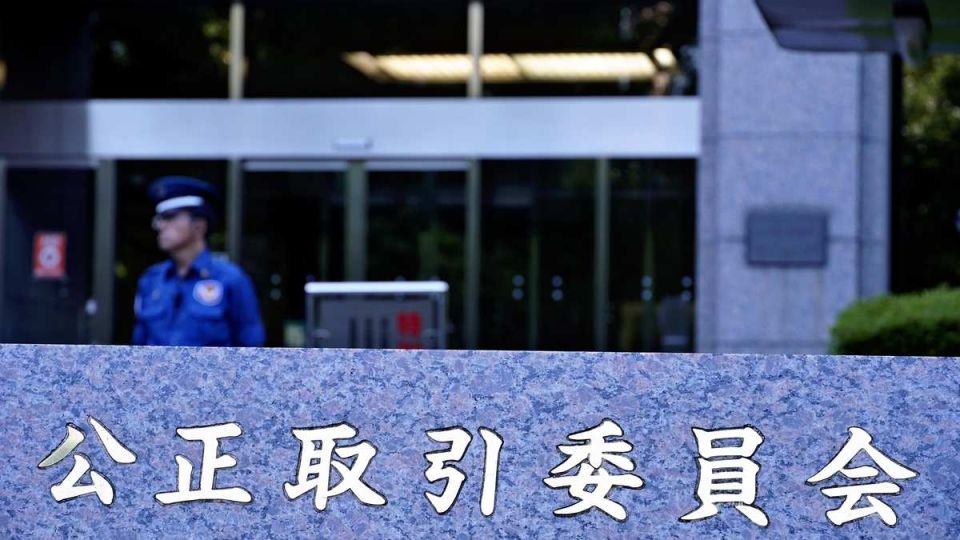September 12, 2025
TOKYO – The Japan Fair Trade Commission chose to open a criminal investigation into eight distributors of petroleum products on Wednesday due to the scale of their alleged diesel cartel. The agency suspects they were trying to secure stable profits as diesel prices soared.
The investigation is the antitrust watchdog’s first criminal probe in about three years.
The JFTC raided the companies under its investigative authority, which allows it to conduct compulsory searches and seizures based on a court warrant with the aim of filing criminal complaints with prosecutors. This authority is often exercised in serious cases, such as pernicious price cartels or bid-rigging, where the JFTC believes sanctions alone will not improve the situation.

Statistics regarding Diesel retail prices over the last five years. PHOTO: THE YOMIURI SHIMBUN
In May, the agency began on-site inspections of six of the eight companies on the suspicion that they were fixing prices for diesel oil to be sold to shipping companies in Kanagawa Prefecture.
The six companies are Tokyo-based Higashinihon Usami Co., Aichi Prefecture-based Eneos Wing Corp., Tokyo-based Taiyo Koyu Co., Osaka-based Enexfleet Co., Miyagi Prefecture-based Kitaseki Co. and Kagawa Prefecture-based Yoshida Oil Co.
Also targeted in the investigation were Fukuoka Prefecture-based Shin-Idemitsu Co. and Tokyo-based Kyoei Sekiyu.
The shift to a criminal investigation was prompted by the fact that a cartel was allegedly formed not only in Kanagawa Prefecture but also in Tokyo. Shipping companies in the Tokyo metropolitan area have a nationwide reach, so a broad cartel there would have widespread consequences.
The eight companies purchase diesel from oil wholesalers and resell it to other businesses. According to sources, they have allegedly formed a cartel to keep up sales prices for Tokyo shipping firms that deploy trucks and other diesel vehicles.
The eight companies are believed to hold a majority market share. Sales managers from each company held regular meetings to discuss price increases, among other matters, the sources said.
Diesel fuel is a vital resource in the shipping industry. However, prices have remained high, due in part to Russia’s invasion of Ukraine and the weak yen, creating a tough environment for the sector. Moreover, stricter overtime regulations for truck drivers have led to labor shortages, and soaring labor costs are squeezing profits. “Even a ¥0.1 increase in diesel prices is painful right now,” one person in the industry lamented.
The government has been subsidizing oil wholesalers since January 2022 to keep gasoline and diesel prices from rising, and has already spent over ¥8 trillion.
Rising shipping costs could lead to higher prices for products, ultimately impacting consumers.

